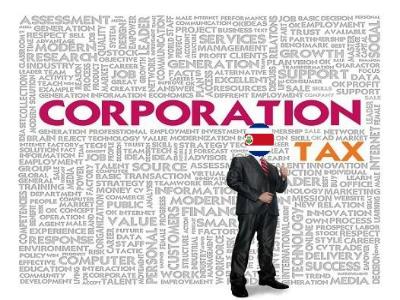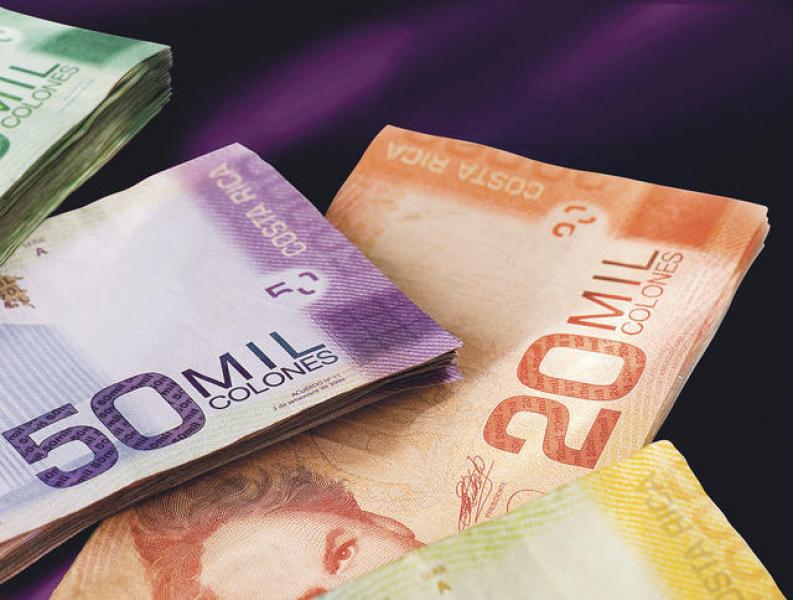Costa Rica News – You are staying? You are Going? Make up your mind already.
 The Constitutional Court or Sala IV as it is commonly known gave the green light to the legislative bill to revive the ‘corporations tax’.
The Constitutional Court or Sala IV as it is commonly known gave the green light to the legislative bill to revive the ‘corporations tax’.
The Court said it found no procedural or substantive defects (errors). The vote was unanimous.
The Court decision followed a consultation by legislator Otto Guevara, who opposes the revival of the tax imposed by the previous administration and in 2015 found unconstitutional. In his argument to the Sala IV, Guevra alleged that the principles of taxpayers’ ability to contribute was violated.
With the ruling, legislators can now move forward in approving the bill that would impose an initial tax of ¢64,000 colones on the registration of a new corporation (to be paid within 30 days of registration) and on January of each year, all corporations based on their activity, will pay as follows:
- For ‘inactive’ corporations, the annual tax is ¢64.000 colones
- For companies with an annual income of less than ¢51 million colones, the tax is ¢106,000 colones
- For companies with an annual income of between ¢51 million and ¢116 million colones, the tax is ¢127,000 colones
- For companies with an annual income of more than ¢119 million colones, the tax is ¢212,000 colones
Once legislators give final approval to Ley 19.818, it will be some months before the tax goes into effect, given the government has to draft regulations and that the law goes into effect three months following the publication of the regulations.
The tax is imposed on all types of corporations registered or to be registered; also branches of foreign companies, their representatives, limited liability companies, as well as limited partnerships.
On January 2015, when the previous law was struck down by the Constitutional Court, there were 558,183 registered companies liable to pay the tax.
The main objective of the tax is to finance the fight against public insecurity, through the financing of several police forces. The Ministerio de Seguridad Publica (MSP) will get 90% of the tax to invest in police infrastructure, including new police stations, the purchase and maintenance of police equipment and more police officials.
On that last one, the MSP can only use the funds to hire 1,000 new police officials.
The balance of the tax, 5% will go to the Ministerio de Justicia to run the prison system and 5% to the Organismo de Investigación Judicial (OIJ) with the express intent to combat organized crime.
From QCostaRica

